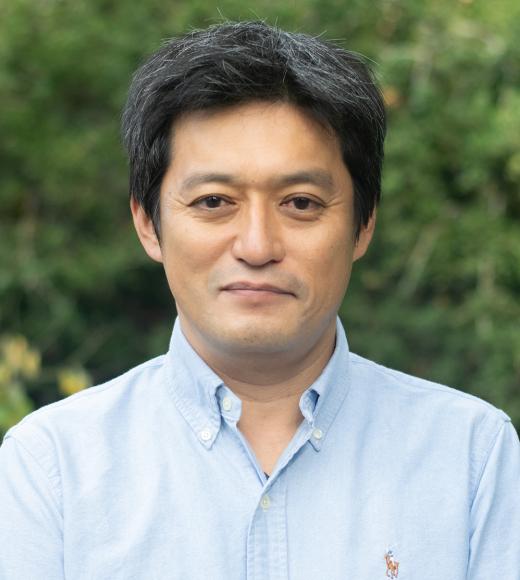
Position Title
Professor
- Microbiology and Molecular Genetics
Research Interests
One of the greatest mysteries in biology concerns how life has perpetuated, and continues to perpetuate, from generation to generation. A key feature of the mammalian germline is sexual dimorphism: the dual developmental processes of spermatogenesis and oogenesis. These processes are inherently complex, which poses significant challenges to understanding the perpetuity of life and the development of treatments for germline-derived genetic and epigenetic diseases. Our research directions converge to address how epigenetic mechanisms govern spermatogenesis and oogenesis, culminating in the generation of functional sperm and eggs. Ultimately, we aim to clarify how fundamental germline mechanisms intersect to ensure genome maintenance, genome defense, and epigenetic gene regulation on a systemic level.
Graduate Program Affiliations
- 2000 B.S. Tokyo University of Science, Japan
- 2002 M.S. Tokyo University of Science, Japan
- 2005 Ph.D. Tokyo University of Science, Japan
- Site-specific DNA demethylation during spermatogenesis presets the sites of nucleosome retention in mouse sperm.
Maezawa S, Yukawa M, Sakashita A, Barski A, Namekawa SH. eLife. 2025 Apr 9. https://elifesciences.org/reviewed-preprints/105926v1 - KRAB zinc-finger proteins regulate endogenous retroviruses to sculpt germline transcriptomes and genome evolution.
Otsuka K, Sakashita A, Maezawa S, Schultz RM, Namekawa SH. Genome Res. 2025 Mar 12. doi: 10.1101/gr.279924.124. - CTCF-mediated 3D chromatin sets up the gene expression program in the male germline.
Kitamura Y, Takahashi K, Maezawa S, Munakata Y, Sakashita A, Katz SP, Kaplan N, Namekawa SH. Nat Struct Mol Biol. 2025 Mar 3. doi: 10.1038/s41594-025-01482-z. - ZBTB16/PLZF regulates juvenile spermatogonial stem cell development via an extensive transcription factor poising network.
Yi C, Kitamura Y, Maezawa S, Namekawa SH, Cairns BR. Nat Struct Mol Biol. 2025 Mar 3. doi: 10.1038/s41594-025-01509-5. - Chromatin remodeler CHD4 establishes chromatin states required for ovarian reserve formation, maintenance, and male germ cell survival.
Munakata Y, Hu M, Kitamura Y, Dani RG, Bynder AL, Fritz AS, Schultz RM, Namekawa SH. Nucleic Acids Res. 2025 Feb 10;53(3):gkaf008.
